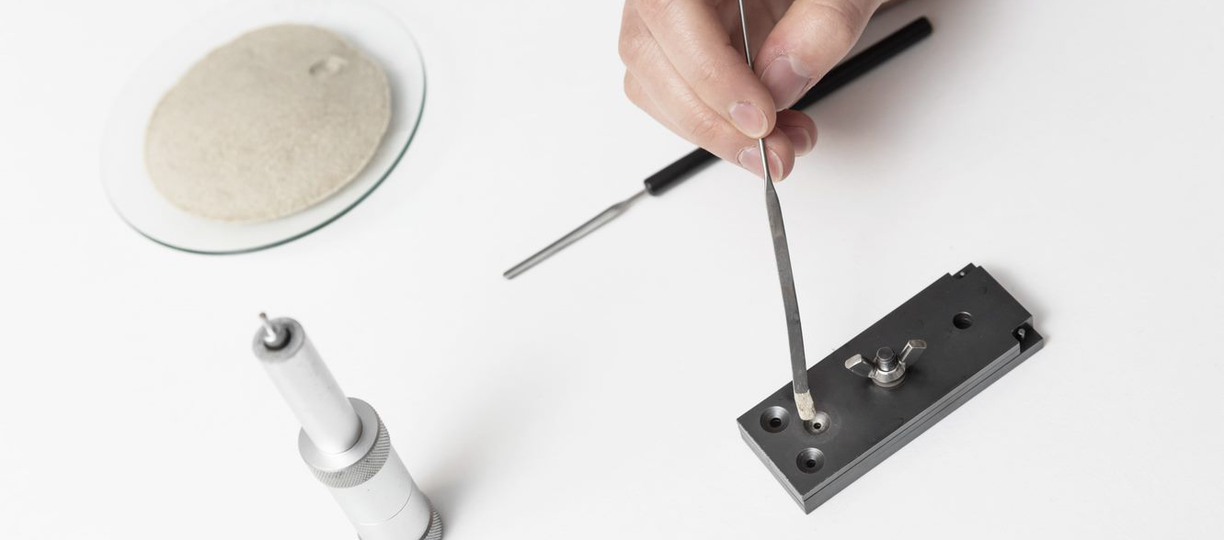
Process Metallurgy
The research in process metallurgy is particularly but not exclusively focused on the early stages of litigation by one ore into metal, and issues related to recycling of wastes and secondary raw materials mineral/metals.
Our research covers both pyro-and hydrometallurgical methods. Research has an experimental approach in which theoretical modelling is included as an aid to understanding the processes that take place. Simulation tools that are currently used include quantitative simulation of equilibrium conditions, and coupling of kinetically controlled processes with equilibrium calculations. Flow Mechanical simulations can be included as an additional tool.
Reaction Mechanism, reaction mechanisms and kinetics are studied using carefully controlled experiments in lab-scale with chemical and mineralogical characterization of reaction products by means of optical microscopy, XRD, SEM, TGA-DTA-QMS, etc. are important tools for understanding the reaction processes at both high temperatures and the water phase.
Most of the research projects conducted in collaboration with industrial partners, research institutes and universities within and outside Sweden.
A significant proportion of research carried out also using the lab, pilot and operational equipment are among our industrial partners.
Process Metallurgy
Process metallurgy include sustainable production of metals and raw materials in metal production and the generation, control, treatment and use of residues from the process industry.
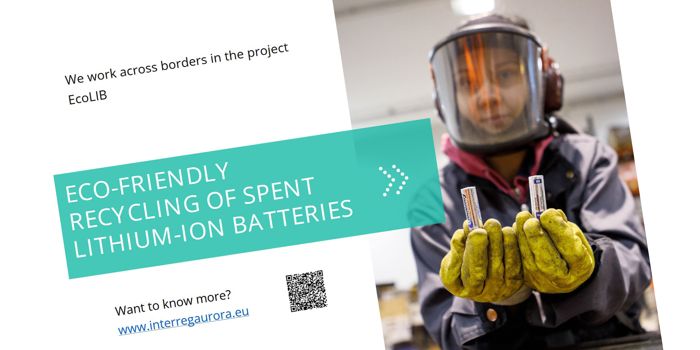
Research
Research projects in Process Metallurgy
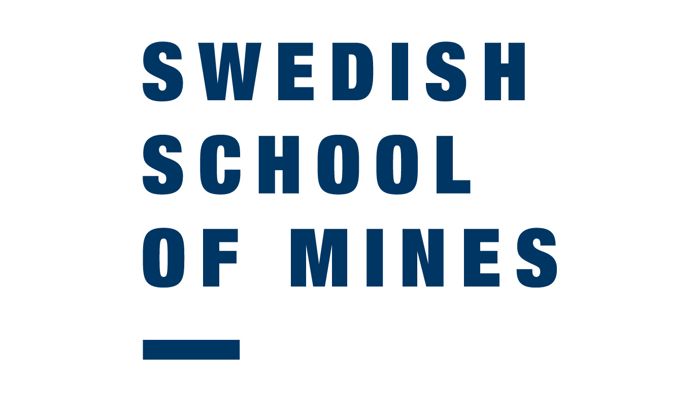
We are a part of SSM
Research, education and infrastructure across the entire value chain of minerals and metals.

Labs for Process Metallurgy
See our research environments and laboratory.
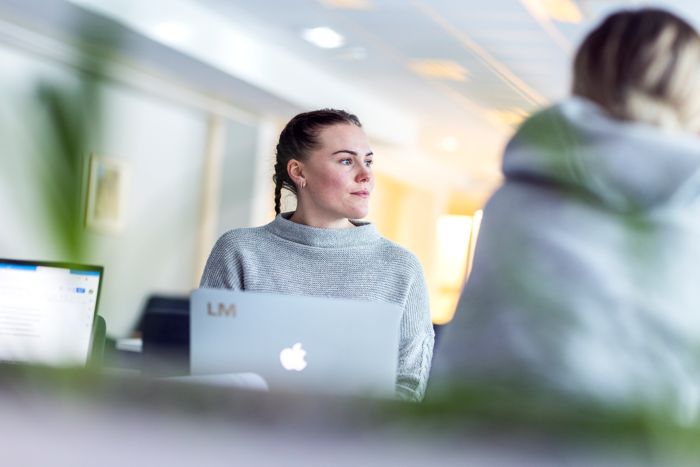
Research School
Doctoral studies, or third cycle studies (TCS), usually take four to five year to render a Doctoral thesis and a PhD degree.
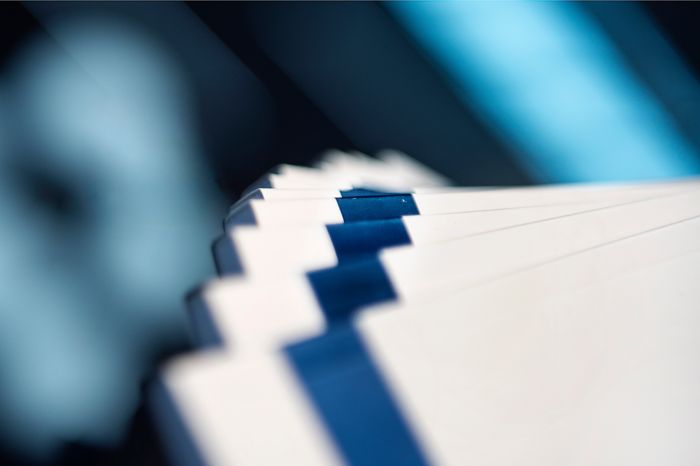
Publications
Publications in Procress Metallurgy

Contact us
Do you need to get in touch with us?
